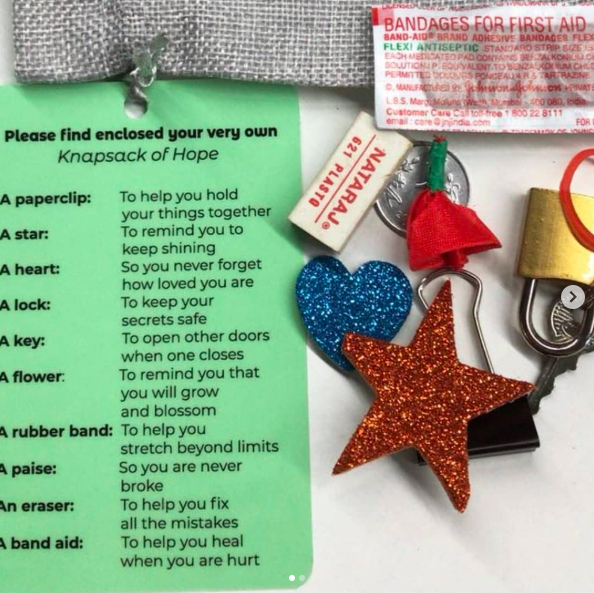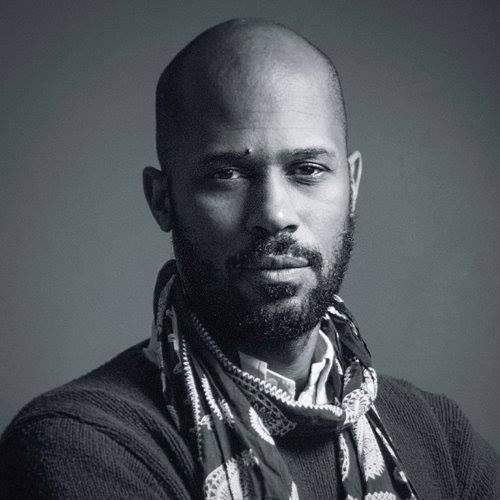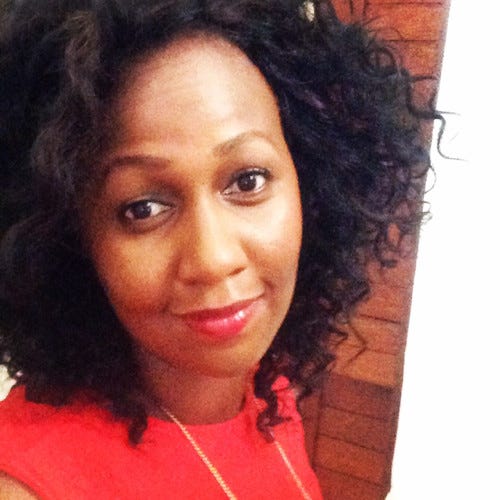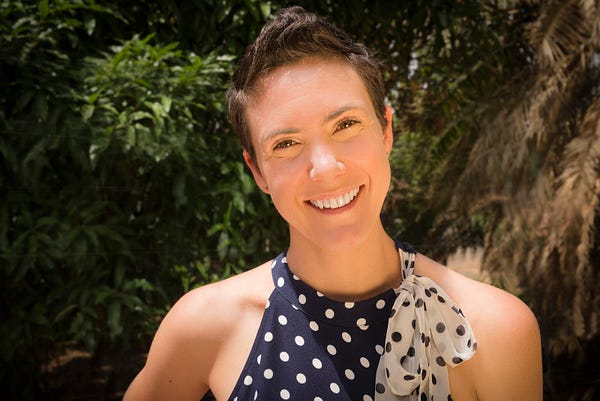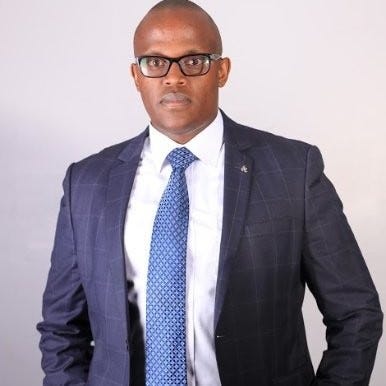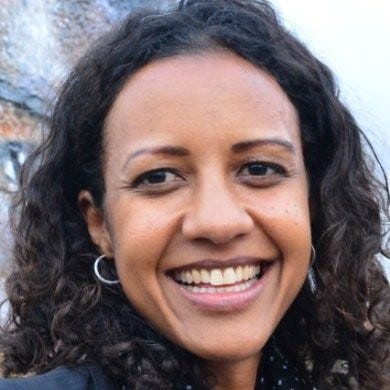At Shortlist, we love building and growing our team as much as we love building yours. In this installment of our Shortlister Spotlight series, (a Q&A series to get to know more of our team members), meet Diana Nyerere, a Recruitment Associate in our Nairobi Office.
Diana loves adventure as much as she loves her work. Get to know more about her, her inspiration, favorite cuisine and more!
Hello Diana! Tell us about what you do at Shortlist
I am a Recruitment Associate. I support companies, both SMEs and corporates, across Africa and the rest of the world in talent acquisition. My current role enables me to work with multiple social impact organisations, large corporates and startups across different geographies and industries.
How has your time at Shortlist impacted you so far?
My role has changed how I view the world. There are so many people out there with different stories about their journey and a thousand more who have done great things and have a lot to offer. It’s just a matter of understanding and identifying how they can contribute to organisations. I am now more curious to hear and read fascinating stories of professionals from around the world, and what has led to their success. You are constantly surprised to learn what one person can do in their career in a span of 10 years and how much they can achieve and impact a team!
What is your professional background, and what were you looking for in your next career step when you found Shortlist?
My background has been in analytics and research, both in the financial and real estate sectors. Before joining Shortlist, my dream was to get into a field that allowed human interaction. Don’t get me wrong – crunching numbers was fulfilling, but I yearned to interact with a more diverse and inclusive team. Surprisingly, I am now a professional recruiter with great passion in talent acquisition.
-

Adventure brings out my other superpowers 🙂
What’s your professional superpower?
Hehe hehe. Good one! I want to believe I am a “Strengthener”. Recruitment is fun, and working as a team makes it more fun. I find it easy and I’m at my best helping my colleagues by contributing ideas and brainstorming on better ways to achieve our goals. I understand that my team’s headache is equally my headache and together we can make any project work.
What’s your favorite Shortlist value and why?
Being a whole person. I am a workaholic and I can easily fall off at times. However, every time I look at the Shortlist values on the office wall and see this one, I am reminded that I need to take a step back. I am lucky to have friends and family who pull me away to relax and work out so that I can jumpstart my body. A healthy body equals a happy person. 🙂
What are three words you would use to describe Team Shortlist?
Fun. Innovative. Collaborative
What’s your favorite Shortlist memory?
When I closed my first project and got a hire! I was so excited, felt like I had conquered the world and that anything was possible. The best part was seeing how happy everyone in the team was. We celebrate together, as one team.
Why is the Shortlist mission important to you?
A company is as good as its people. Sourcing and placing the right professionals is vital and always the Shortlist goal. We want our clients to succeed and this is made possible through finding them world-class talent.
As you know, we like to give “high-fives” to recognize when our team members do something awesome. Now is your chance to make a public high five to a fellow Shortlister
Sarah ~ Such a good leader, listener, thinker and helper
Yvonne ~ I realized a lot about myself through this article.
And most importantly, high five to Shortlist for believing that I could grow into a career I knew nothing of and giving me this opportunity.
What do you like to do outside of work?
Travelling. We live in a very beautiful world. Some places are so peaceful and I always look forward to going away from the CBD to a quiet place in order to relax.
-

What’s more beautiful?
When you were little, what did you want to be when you grew up?
I wanted to be an Engineer. I had actually applied to study Electrical and Electronic Engineering in university but changed my mind on the last day of application. No regrets though.
Tell us about someone that has inspired you
I once met a young gentleman who has built a sports company from the ground up. He is now working on franchising the company. This taught me that anything is possible if you believe. I know this sounds cliche, but trust me I have seen the company grow tremendously in a short period, and I now work with confidence and believe in my capabilities.
How is Shortlist different than other companies?
How one team is actually exercised as well as the fun activities and team members. I have never worked in an environment where there is such teamwork. A true definition of culture shock!

Touring Coastal Kenya
-
What are you currently reading, watching, or listening to?
The Alchemist by Paulo Coelho. This is a must-read for anyone who is wondering whether they can achieve their dreams or not!
If you were to swap places with one person for a day, who would it be and why?
Queen Elizabeth. I have always been curious to know what royalty is all about. I mean, is it something to envy or not? Probably is though!
Anything else you want the world to know about you?
I know I have a poker face but I am very easy to talk to. Cooking is also my therapy – weird, huh? I love Indian restaurants and I plan to travel to India just for the food. I mean, have you seen their street food? Mouthwatering!
Final words?
Don’t let your pride block you from your destiny; don’t be afraid to submit to the wisdom of the leaders before you.
Did you love Diana’s experience at Shortlist? Visit our website for opportunities to be part of the Shortlist Team. If you would like help building your team, let us help you. Shortlist offers a wide range of recruitment solutions that help companies build great teams.











